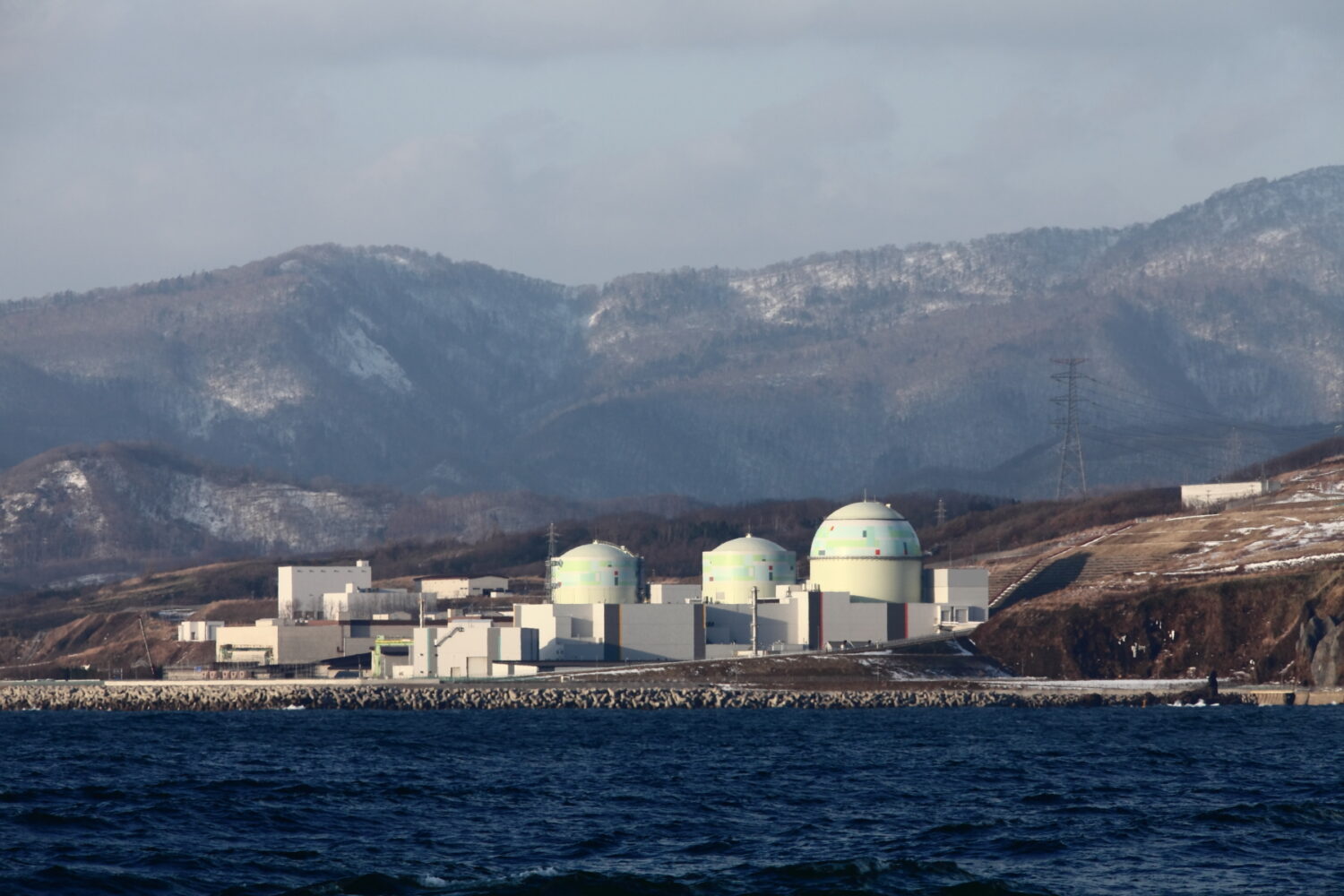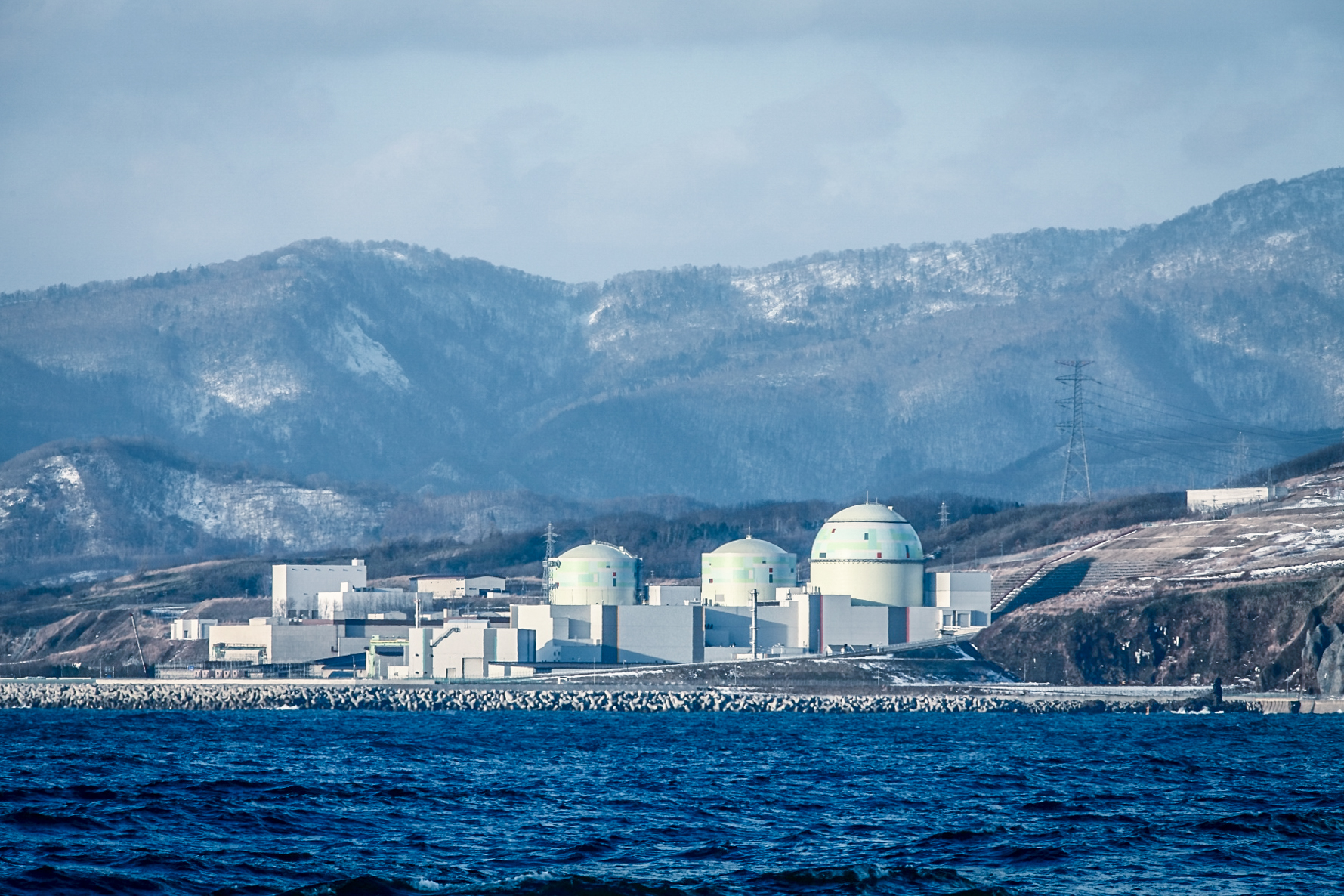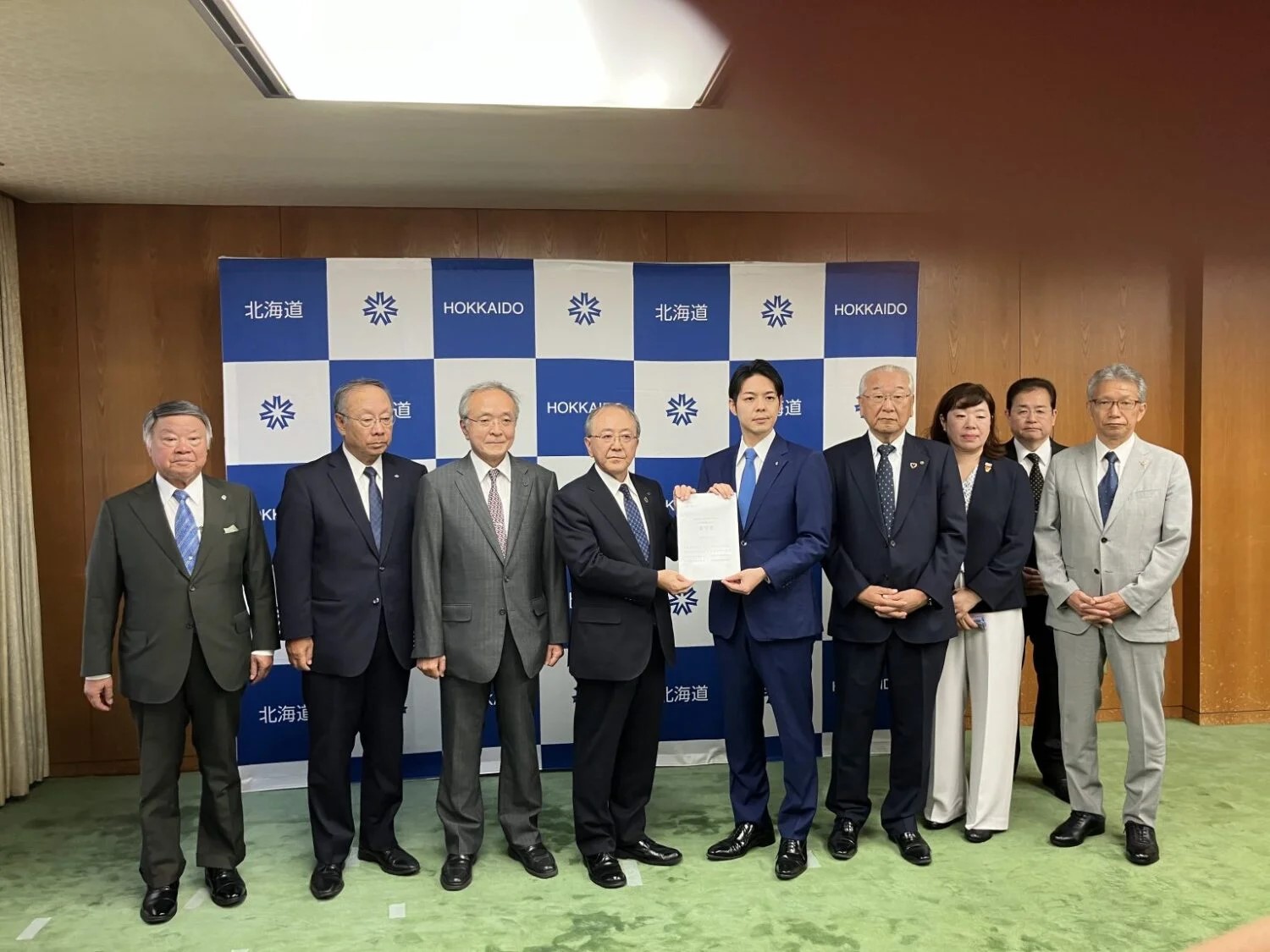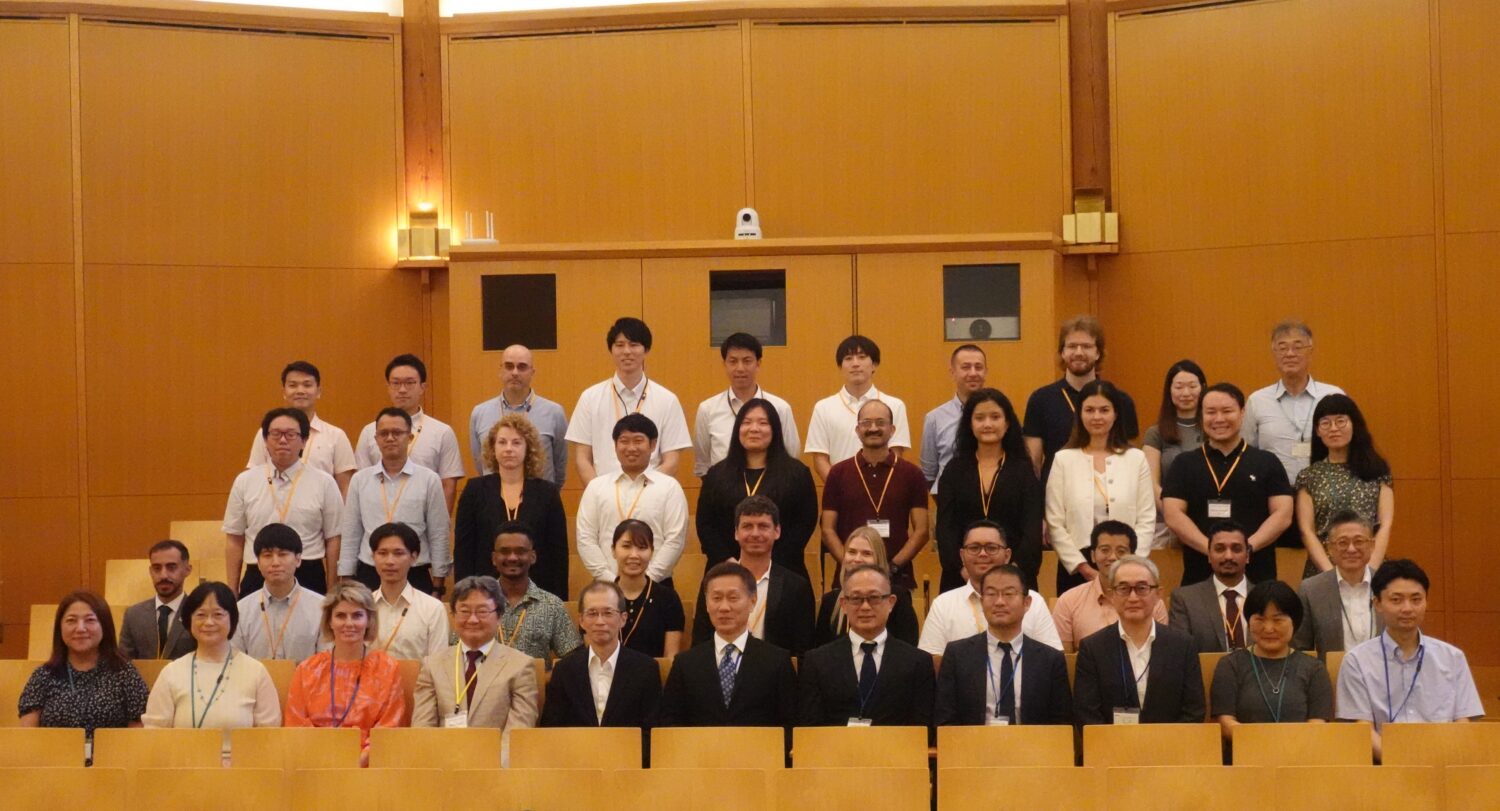Referring to regional development measures for hosting municipalities, Governor Nishikawa said that “those municipalities would still need grants even after decommissioning,” asking that they be continued.
METI Minister Miyazawa replied, “That is quite an important matter. The government will respond to the issue properly.”
The governor also said that “public understanding on the importance of nuclear power has not necessarily improved.” He asked the central government to take the initiative in explaining the need to restart NPPs. He also requested it to present a concrete plan to realize a 20-22% share in the total energy mix for nuclear power by the year 2030.
Reiterating the policy of the central government to restart the country’s NPPs, Miyazawa answered Nishikawa by saying that it would try to “convey the message to the public in a manner that was easy to understand.”
Fukui has more NPPs than any other prefectures in Japan. Mihama-1 and -2, owned and operated by the Kansai Electric Power Co. in Mihama Town, and Tsuruga-1, owned and operated by the Japan Atomic Power Company in Tsuruga City, have already been designated for decommissioning.
Meanwhile, also on July 3, the Special Committee on Nuclear Power of the National Governors’ Association (NGA) drafted a proposal asking the Nuclear Regulation Authority (NRA) to give concerned municipalities careful and thorough explanations about the results of compatibility examinations under new regulatory standards, a condition for restarting NPPs. The group is chaired by Governor Issei Nishikawa of Fukui Prefecture.
In light of decisions by several power companies to decommission several NPPs already, the governors’ proposal asks the NRA to explain the effects of the process on the environment, and to grant extensions for the period of available grants, given that siting municipalities will no longer be able to receive them upon decommissioning.



-049.jpg)
.jpg)














